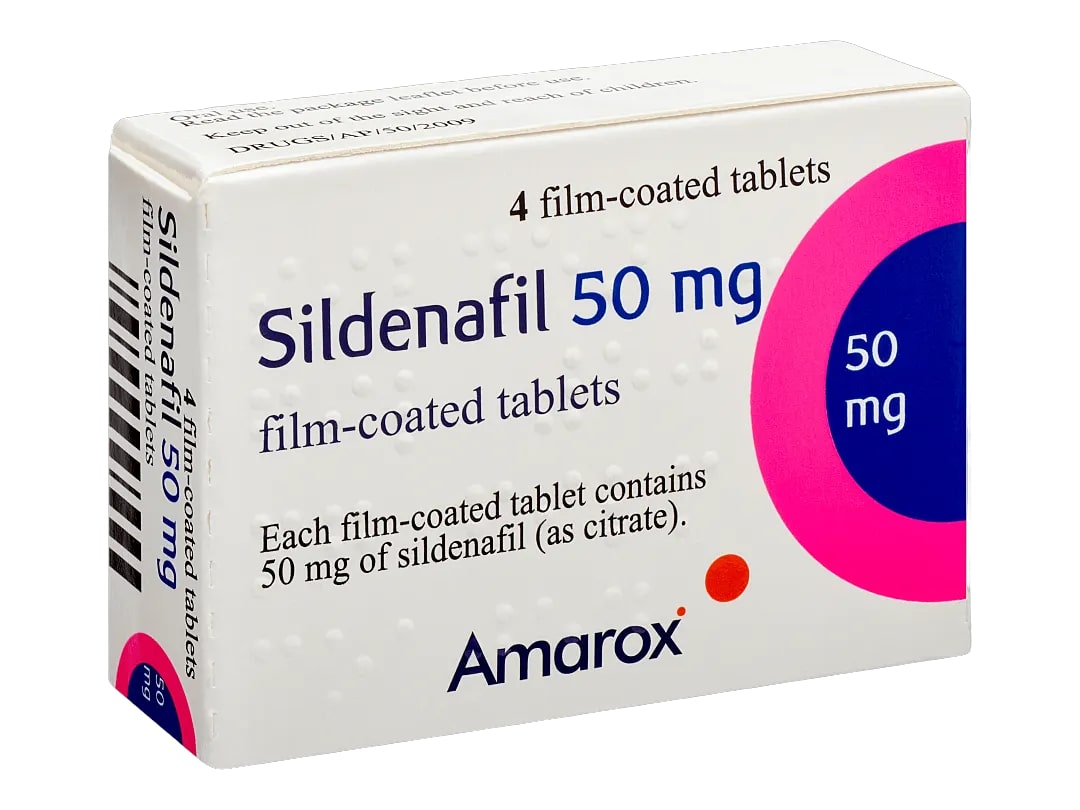Why Choose Sildenafil?
Improved CirculationEnhance blood flow to tissues, potentially accelerating healing and reducing inflammation.
Reduced InflammationSildenafil's ability to reduce inflammation can contribute to faster recovery from injuries and surgeries.
Enhanced Nutrient DeliveryImproved circulation ensures that vital nutrients and oxygen reach damaged tissues more effectively.
Potential for Pain ReliefSome individuals report a reduction in pain associated with injuries or surgeries when using sildenafil.
Complementary TherapySildenafil can be used as a complementary therapy alongside conventional treatments to potentially enhance their effectiveness.
Always follow your doctor’s instructions for the best results and safety.


